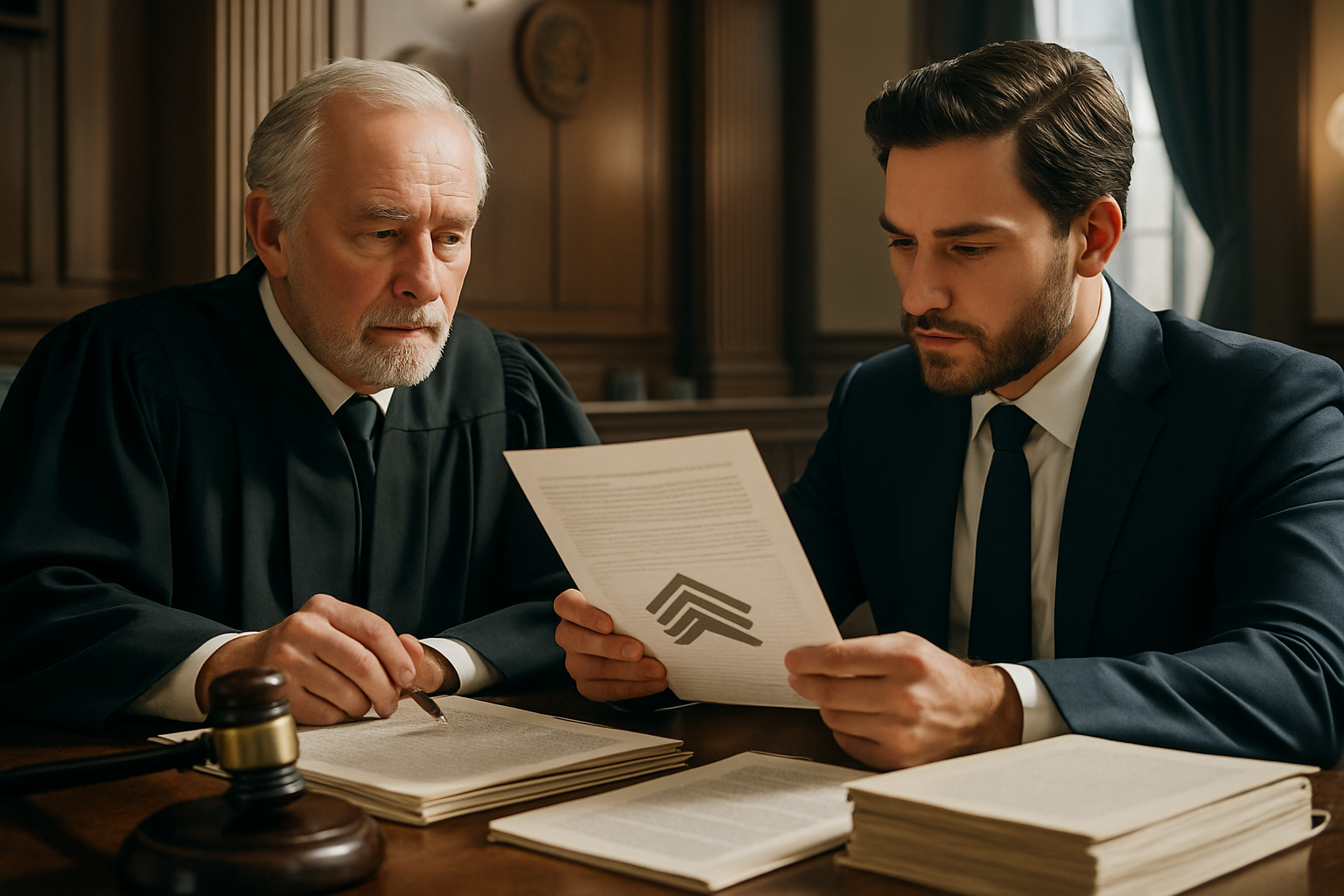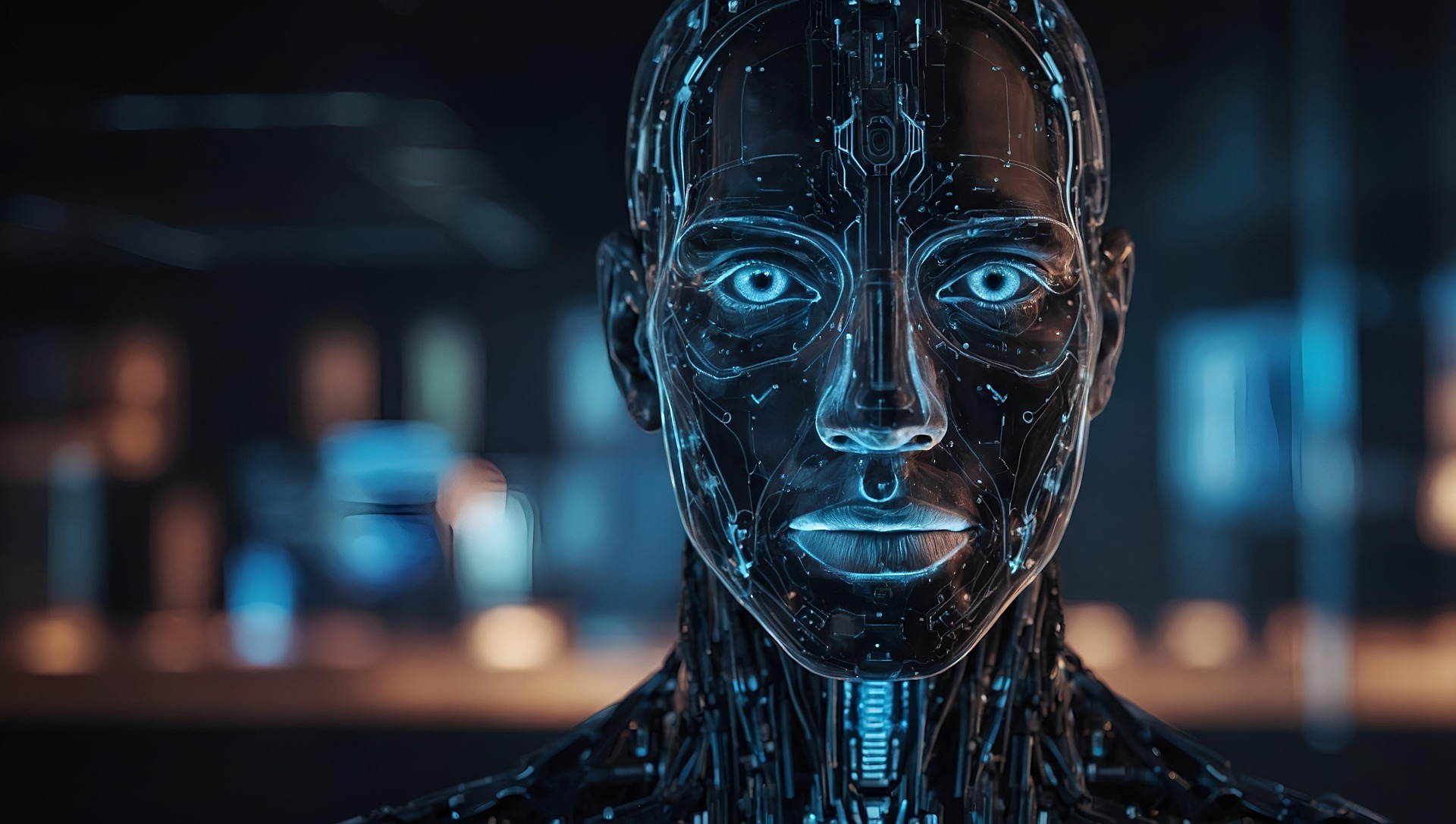Reforming Jury Selection: The Quest for Impartiality
Introduction: In the pursuit of justice, the process of jury selection stands as a critical cornerstone of the legal system. Yet, this fundamental aspect of trial proceedings has come under scrutiny, with calls for reform echoing through courtrooms and legislatures alike. This article delves into the evolving landscape of jury selection, examining current challenges and innovative approaches aimed at ensuring truly impartial juries.

Contemporary Challenges in Jury Selection
Modern jury selection faces numerous hurdles. Implicit bias, the unconscious attitudes or stereotypes that affect our understanding and decisions, poses a significant challenge. Additionally, the rise of social media and instant access to information has made it increasingly difficult to find jurors untainted by pre-trial publicity. These factors have led to concerns about the true impartiality of selected juries.
The Role of Technology in Modernizing Jury Selection
Advancements in technology are reshaping the jury selection process. Some jurisdictions have begun implementing online questionnaires and virtual voir dire to streamline the process and potentially reduce bias. Artificial intelligence and data analytics are also being explored as tools to identify potential biases more accurately than traditional methods. However, the use of such technologies raises its own set of ethical and legal questions.
Legislative Efforts to Reform Jury Selection
Recognizing the need for change, several states have enacted legislation aimed at improving jury selection. These reforms range from expanding jury pools to include a more diverse cross-section of the community to limiting the use of peremptory challenges, which allow attorneys to dismiss potential jurors without stating a reason. Some jurisdictions have also implemented mandatory bias training for judges and attorneys involved in jury selection.
The Debate Over Peremptory Challenges
Peremptory challenges, long a staple of jury selection, have become a focal point of reform efforts. Critics argue that these challenges are often used to exclude jurors based on race, gender, or other protected characteristics, despite legal prohibitions against such practices. Proponents contend that peremptory challenges are essential for ensuring a fair trial. The ongoing debate has led to proposals ranging from reducing the number of allowed challenges to eliminating them entirely.
Addressing Racial Disparities in Jury Selection
The issue of racial bias in jury selection has gained increased attention, particularly in the wake of high-profile cases highlighting systemic inequalities. Some jurisdictions have implemented measures such as the “Batson challenge,” which allows objections to peremptory strikes based on racial discrimination. However, the effectiveness of such measures remains a subject of debate, with calls for more robust safeguards against racial bias in jury selection.
The Impact of Extended Voir Dire
Some courts have experimented with extended voir dire processes, allowing for more in-depth questioning of potential jurors. Proponents argue that this approach leads to a more thorough vetting process and a more impartial jury. Critics, however, contend that prolonged voir dire can be time-consuming and may actually increase the risk of introducing bias through leading questions.
Balancing Efficiency and Fairness
As reforms are considered, courts must grapple with the challenge of balancing the need for a thorough selection process with the practical constraints of time and resources. Streamlining jury selection without compromising fairness remains a key goal for many jurisdictions. Proposals such as pre-screening questionnaires and more focused voir dire questions aim to achieve this balance.
The Future of Jury Selection
The ongoing evolution of jury selection reflects a broader societal commitment to ensuring fair trials. As research continues to shed light on the complexities of human bias and decision-making, the legal system must adapt. Future reforms may include more comprehensive juror education, the use of scientific methods to assess bias, and potentially radical redesigns of the jury system itself.
In conclusion, the reform of jury selection represents a critical frontier in the pursuit of justice. As courts, legislators, and legal scholars grapple with the challenges of ensuring truly impartial juries, the very foundation of the trial system is being reexamined. The outcome of these efforts will shape the future of legal proceedings, potentially transforming how society approaches the fundamental right to a fair trial by an impartial jury.






